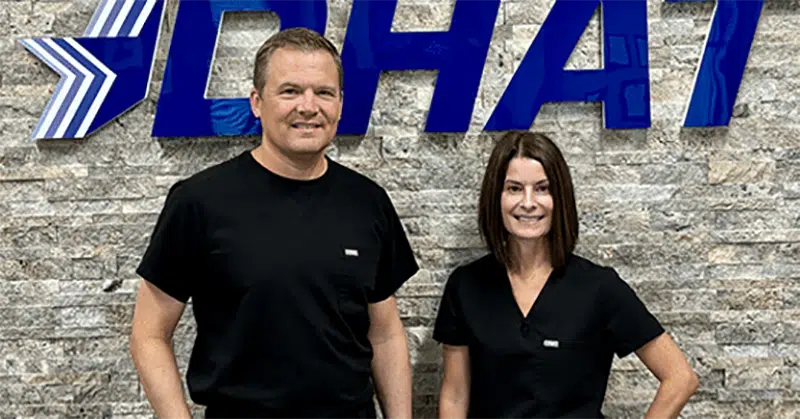WHAT IS COLON CANCER?
Colon cancer or colorectal cancer refers to cancer of the large intestine and rectum. It is the third most common form of non-skin cancer in men and women, and the second leading cause of cancer-related deaths in the United States according to the Centers for Disease Control and Prevention. Colorectal cancer generally begins as a polyp (abnormal growth), which can slowly progress into cancer. These polyps are usually asymptomatic until they become large or have already turned into cancers. When polyps are discovered and removed early, colon cancer can be prevented. This makes early detection and removal of polyps of vital importance. Polyps can be easily removed through a procedure called a colonoscopy.
WHEN SHOULD I GET SCREENED FOR COLON CANCER IN PLANO TX?
An appointment should be made with your gastroenterologist in Plano TX for a colon screening if you are experiencing any of the above-listed symptoms. Even if you are currently having no symptoms you should follow the suggested screening guidelines from the American Gastroenterological Association (AGA). If you have a history or family history of polyps, IBD, or colon cancer your doctor will suggest an earlier age to begin colon cancer screening. According to the AGA, those at average risk should follow these guidelines:
- Average-risk individuals should be screened for colon cancer beginning at 45 years of age.
- The frequency of screening depends on the method. For colonoscopy, the recommended interval is 10 years if no polyps are found. Screening intervals should be discussed with your healthcare professional.
Digestive Conditions
Your Health Matters!
Don’t let your digestive issues hold you back. Call or click to schedule an appointment with Dr. Matthew Eidem.



